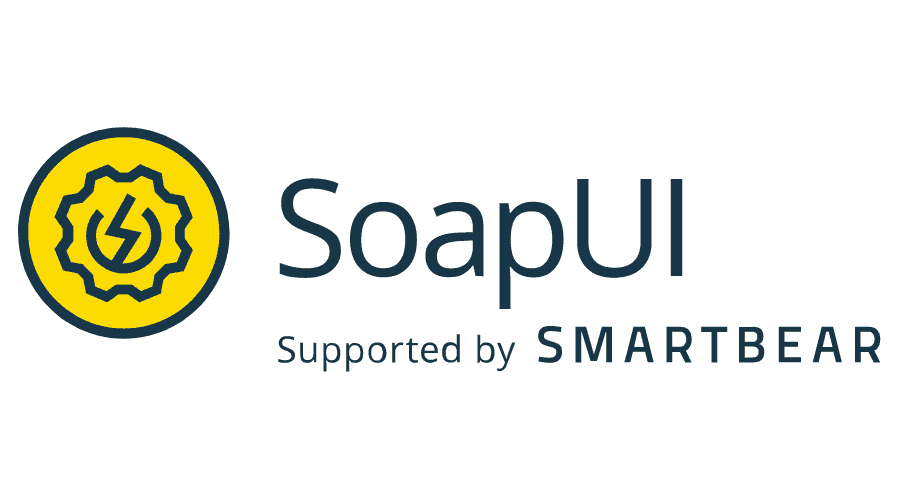What is SoapUI Used for and How Does it Work?
SoapUI is a powerful tool primarily used for testing and automating Application Programming Interfaces (APIs). Whether you are a software developer, quality assurance engineer, or a DevOps professional, SoapUI is an invaluable asset in your toolkit. It allows you to ensure that your APIs function correctly, delivering the expected results, and meeting the necessary performance criteria.
SoapUI simplifies the process of API testing by providing a user-friendly interface and a wide range of features, making it an essential choice for professionals in the field. Its core functionality includes:
-
Functional Testing: SoapUI allows you to send requests to APIs, examine responses, and validate the correctness of data processing. This is vital for ensuring that your API functions as intended.
-
Load Testing: SoapUI enables you to simulate a large number of concurrent requests to your API, helping you identify performance bottlenecks and potential issues under heavy loads.
-
Security Testing: It supports various authentication methods and can be used to assess the security of your APIs by conducting tests for vulnerabilities.
-
Mock Services: You can create mock services to simulate APIs that are still in development, allowing you to test client applications before the actual API is available.
Why Do You Need a Proxy for SoapUI?
Using a proxy server with SoapUI can be beneficial for several reasons. A proxy acts as an intermediary between your SoapUI requests and the target API, adding an additional layer of functionality and security to your testing process. Here’s why you might need a proxy for SoapUI:
-
IP Rotation: Proxy servers, especially those provided by services like OneProxy, offer a range of IP addresses from different geographic locations. This enables you to mimic requests originating from various locations, which is crucial for testing the geographic scalability of your API.
-
Anonymity: When you send requests through a proxy server, your actual IP address remains hidden. This is essential when you need to anonymize your testing or avoid IP-based restrictions imposed by some APIs.
-
Security: Proxies can provide an added layer of security by filtering out malicious traffic, ensuring that only legitimate requests reach your API. They can also protect your actual IP address from potential threats.
-
Load Balancing: Proxies can distribute requests across multiple servers, helping you assess the performance and load balancing capabilities of your API.
Advantages of Using a Proxy with SoapUI
Using a proxy server, such as those offered by OneProxy, in conjunction with SoapUI provides several distinct advantages:
Geographic Diversity
OneProxy offers a vast pool of IP addresses from various geographic locations. This enables you to test how your API responds to requests from different regions, ensuring a seamless experience for users worldwide.
Anonymity and Privacy
When you use a proxy, your real IP address remains hidden. This anonymity is especially valuable when testing APIs that involve sensitive or confidential data, as it helps protect your identity and maintain privacy.
Load Distribution
Proxies can distribute the testing load across multiple IP addresses and servers. This is crucial for assessing how your API handles traffic spikes and ensuring efficient load balancing.
Enhanced Security
OneProxy’s proxy servers come equipped with security features that filter out malicious traffic and protect your API testing environment from potential threats.
What Are the Сons of Using Free Proxies for SoapUI
While free proxies may seem like an attractive option, they often come with significant drawbacks when used for SoapUI testing:
| Cons of Free Proxies |
|---|
| Limited Reliability |
| Slow Connection Speeds |
| Security Risks |
| Lack of Support and Customization |
| Limited Geographic Coverage |
| Inconsistent Availability |
What Are the Best Proxies for SoapUI?
When choosing a proxy service for SoapUI, it’s crucial to prioritize reliability, performance, and support. OneProxy stands out as an excellent choice due to its robust features, including:
- A vast pool of high-quality proxy servers.
- Geographic diversity to simulate requests from around the world.
- Anonymity and privacy protection.
- Load distribution capabilities for comprehensive testing.
- Enhanced security measures to safeguard your API testing.
How to Configure a Proxy Server for SoapUI?
Configuring a proxy server for SoapUI is a straightforward process:
-
Obtain Proxy Credentials: Sign up for OneProxy’s service and obtain the necessary proxy credentials, including the proxy server IP address, port number, username, and password.
-
Open SoapUI: Launch SoapUI and go to the “File” menu.
-
Configure Proxy Settings: Select “Preferences” from the dropdown menu, then choose “Proxy Settings.” Enter the proxy server details provided by OneProxy.
-
Test Your Configuration: To ensure your proxy settings are working correctly, create a new SoapUI project, add your API requests, and execute them. Monitor the request/response details to confirm that the proxy is functioning as expected.
In conclusion, SoapUI is a versatile tool for API testing, and using a proxy server from OneProxy can enhance its capabilities significantly. With features such as geographic diversity, anonymity, load distribution, and security, OneProxy’s proxy servers are a valuable asset for SoapUI users looking to conduct thorough and reliable API testing. By following the steps outlined above, you can seamlessly configure a proxy server and leverage its advantages in your SoapUI testing workflow.













